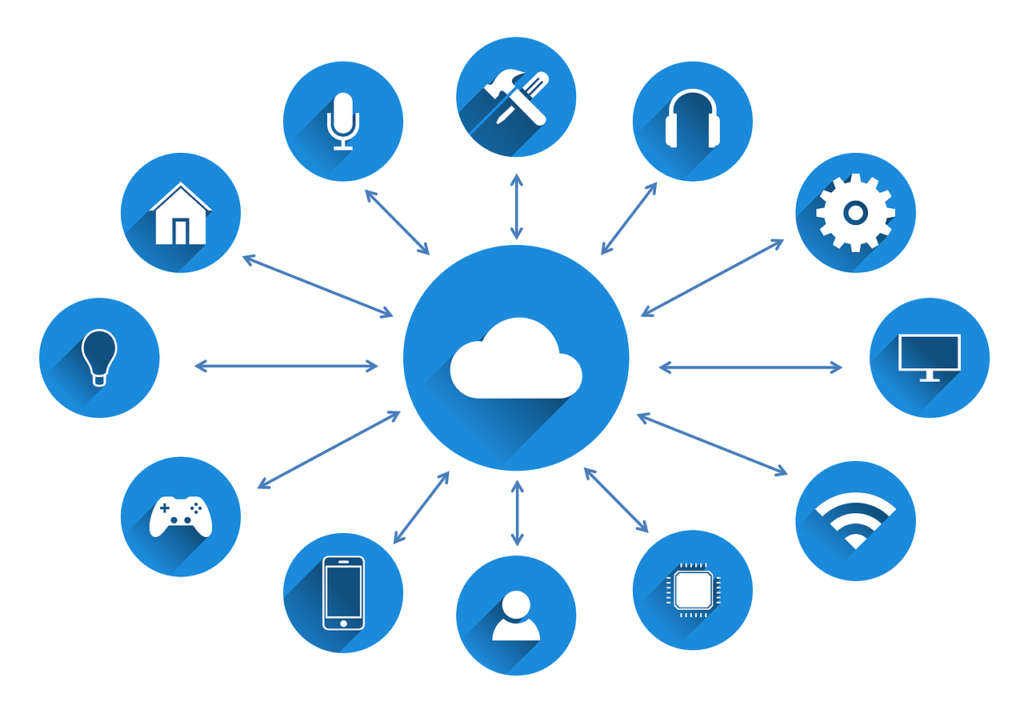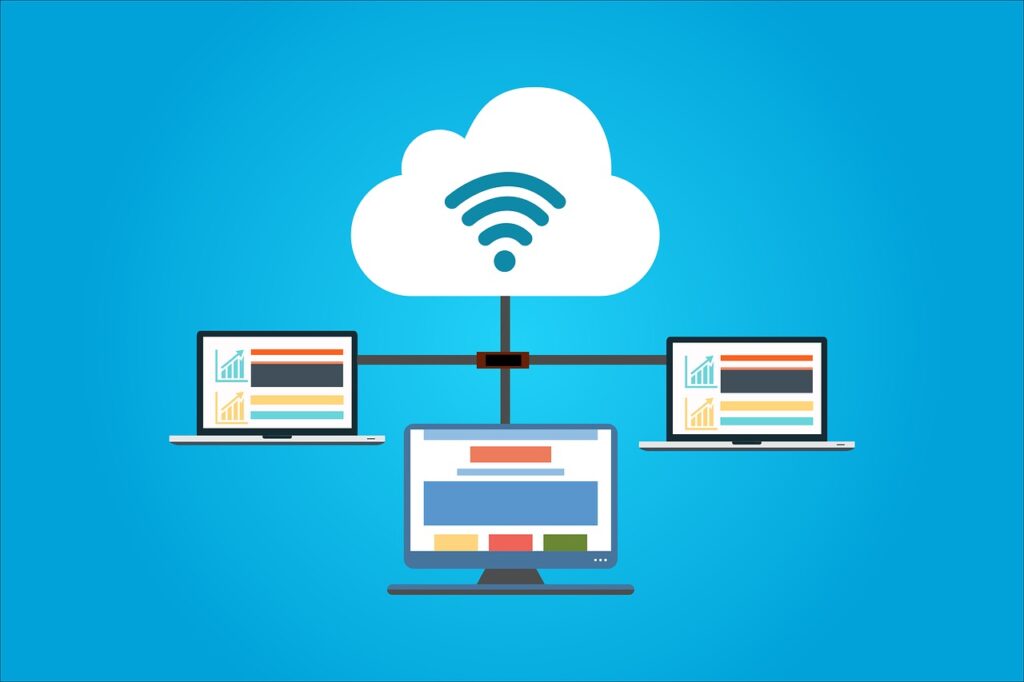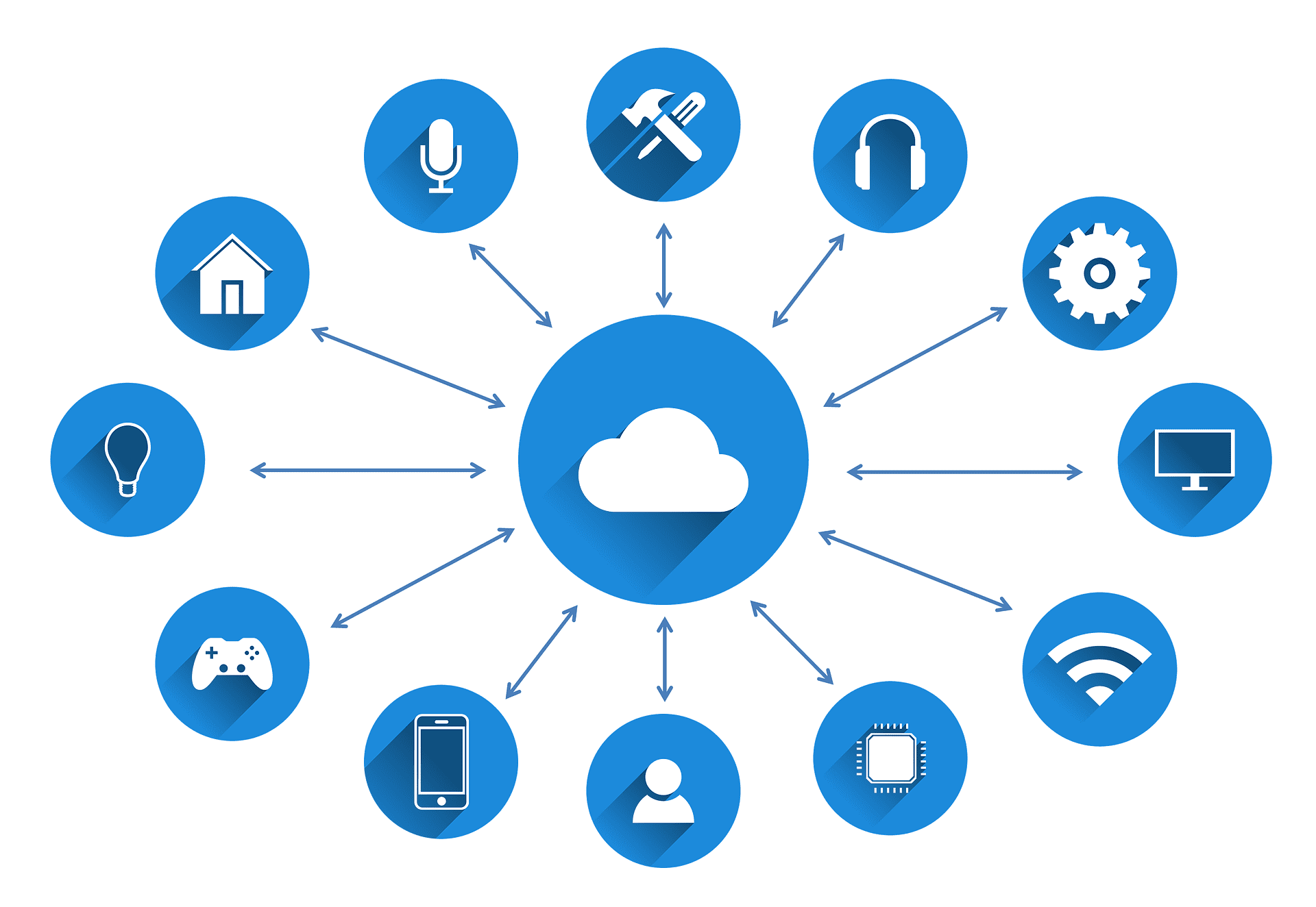Do you think you need a tech background to start a career in the cloud?

The cloud is a big, complex, and ever-changing industry. It’s also a huge opportunity for people who want to build careers in tech. Cloud computing is all about providing the infrastructure, software, and services to run businesses and applications remotely. That means there are many opportunities — including those that don’t require technical skills.
Still asking if you need a tech background or coding skills to start a career in the cloud?
NO! You do not need a tech background to start a career in the cloud. The cloud is a new technology that has been around for some years. It’s being adopted everywhere, and even if you don’t have any technical experience, you can learn how to use it.
The great thing about the cloud is that it’s very intuitive and easy to use. Most people who use it will never know they are using it. They may not even know they’re using a cloud service because all those details are hidden behind an interface that works.
Cloud products make life easier for people who want to get things done quickly without worrying about all of the technical details involved in running servers, software updates, etc., which means less time spent on learning how things work and more time spent on doing what matters most — getting stuff done.

Reasons why you don’t need a tech background to start a career in the cloud
- The cloud is an ever-changing landscape.
The cloud is a fast-paced industry that is constantly evolving and changing. Cloud computing is a global phenomenon that continues to evolve beyond many people’s expectations. It has been estimated that by 2022, more than 50% of all software will be delivered via the cloud. To remain relevant in this fast-paced industry, you must continually learn and adapt to new technologies and trends.
- Cloud has a high demand for skillsets outside of traditional IT roles.
Cloud computing requires professionals with a wide range of skill sets outside of traditional IT roles. Cloud developers are not only required to have strong technical skills but also soft skills such as communication and collaboration abilities which may not necessarily be found within traditional IT roles due to their specialization on hard-core technology issues such as infrastructure, applications etc. This makes it easier for anyone with a passion for technology or those who want to get into the field without necessarily having an IT background to start their career in cloud computing without having any background knowledge about it before joining this industry, as they can always learn on the job once they are hired by any company within this field.
- You can learn on the job.
Cloud companies offer training programs that give you the skills needed for entry-level jobs and certification exams for more advanced positions. You’ll likely start as a junior-level employee with little or no experience. Still, you can learn on the job from others who have been doing it longer and take advantage of formal training programs when available. Cloud computing is still in its infancy, so there aren’t many formal training programs yet. But vendors are beginning to offer them to attract employees with more advanced skills. Training isn’t just about learning how to use specific software or hardware; it’s also about developing the soft skills needed to work in a corporate environment.
- You can get a degree or Certification.
If you want to pursue higher education, cloud computing will likely be an area of focus at your school of choice — an online university or a traditional campus-based institution — because so many employers are looking for candidates with knowledge in this area of expertise. Dozens of schools already offer cloud computing degrees at all levels (from certificate programs up through graduate degrees).
You can also get a certification by enrolling in an online course, some of which are free, and getting a cloud certification. This is one of the best ways to start your cloud journey. Check out this article on free cloud resources.
- Cloud computing has fewer barriers to entry than you might think.
In the past, cloud computing was perceived as a highly technical field with very high barriers to entry. However, this has changed significantly over the past few years, and now many roles in the industry require no previous knowledge of coding or IT systems. This means you don’t need any technical background, just the desire to learn new skills. Cloud computing is simply about how software is delivered rather than what is being delivered. This means that most job roles in cloud computing will require some technical expertise. However, if you want to work in a non-technical role, there are plenty of options for you. for example, in sales and marketing, salespeople need to understand how their product works. Still, they don’t necessarily need any knowledge of servers or networking equipment. Marketing teams will also be responsible for driving awareness of products within an organization, so they don’t have to have an IT background.
- The cloud isn’t just about technology anymore.
There are plenty of other roles available that could use your skills as an accountant or project manager or even salesperson if you’ve got those skills under your belt already! Some companies prefer candidates who aren’t necessarily tech-savvy because they understand how businesses work and can contribute more than just technical knowledge when it comes time for customer service or other customer-facing roles within the company.

- Cloud computing is all about collaboration and communication.
Cloud computing is all about collaboration and communication between users who exchange information through networks such as social media websites, blogs, wikis etc. Cloud computing eliminates the need for employees to install software on individual devices or computers at home or office so they can access data from anywhere they want using any device they prefer while working remotely or sitting at their desktops with their laptops or PCs connected to it via Ethernet cable or Wi-Fi router which enables them to access data from anywhere as long as they have an internet connection which means that there’s no need for them to have any technical knowledge about computers or networking because everything is done automatically by software programs installed on servers located in data centers owned by companies like Google and Amazon.



